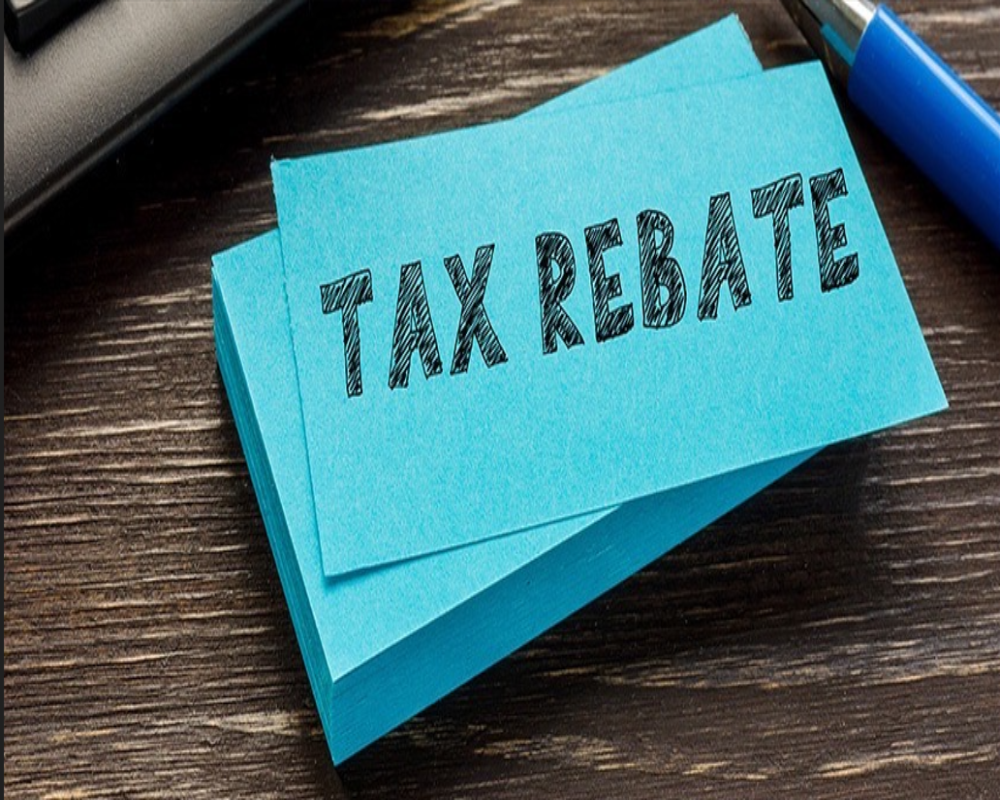Introduction
As concerns about climate change and environmental degradation grow, governments around the world are increasingly incentivizing businesses to adopt sustainable and eco-friendly practices. One of the most effective policy tools for encouraging this transition is the tax rebate—a financial incentive offered to reduce the tax liability of businesses that invest in green technologies or implement environmentally responsible manufacturing processes.
Green manufacturing refers to the use of environmentally friendly practices in production, such as reducing waste, conserving energy, using renewable resources, and minimizing carbon emissions. This article explores the concept of tax rebates for green manufacturing, outlining their types, eligibility criteria, benefits, and broader industrial significance.
1. What Are Tax Rebates for Green Manufacturing?
Tax rebates for green manufacturing are financial benefits offered by governments to encourage industries to adopt sustainable production methods. These may take the form of:
- Direct tax deductions or credits on income tax
- Accelerated depreciation for green equipment
- Exemptions or reductions in customs duties or excise taxes
- Refunds or reimbursements for specific green investments
The goal is to reduce the initial cost burden of environmentally friendly upgrades and promote long-term sustainability in the industrial sector.
2. Types of Tax Rebates and Incentives
a. Investment-Based Tax Rebates
Industries that invest in eco-friendly technologies—such as energy-efficient machinery, solar panels, or pollution control equipment—may be eligible for tax rebates on the capital investment.
- Example: A percentage of the investment in renewable energy equipment may be deductible from the company’s taxable income.
b. Production-Based Incentives
Rebates may also be offered based on the quantity of green or recycled products manufactured.
- Example: Reduced taxes on the sale of products that meet specific environmental standards or certifications.
c. Accelerated Depreciation
Green equipment and sustainable infrastructure may qualify for accelerated depreciation, allowing businesses to write off the asset’s cost over a shorter period and thus reduce taxable income quickly.
d. Tax Credits for R&D in Sustainable Technology
Companies that invest in research and development (R&D) for green technologies may receive tax credits for qualifying expenditures.
e. Import Duty Exemptions
Governments may exempt or reduce import duties on eco-friendly raw materials and equipment used in green manufacturing processes.
3. Eligibility Criteria for Green Tax Rebates
To qualify for tax rebates, manufacturers must meet specific criteria set by government authorities:
- Certification from authorized environmental agencies
- Installation of certified green technologies
- Compliance with emission norms and waste management laws
- Submission of energy audits or sustainability reports
In many cases, businesses are required to file additional documentation or apply through designated government programs to claim the rebate.
4. Benefits of Tax Rebates for Green Manufacturers
a. Lower Operational Costs
Rebates reduce the effective cost of investment in sustainable practices, making them more financially attractive.
b. Enhanced Competitiveness
Eco-friendly products and operations improve brand image and open doors to environmentally conscious markets.
c. Faster ROI on Green Investments
Tax incentives accelerate cost recovery, improving return on investment for green technologies.
d. Compliance and Risk Reduction
Participation in government-supported sustainability programs ensures compliance with future regulations and reduces legal or environmental risks.
e. Support for Innovation
R&D incentives promote innovation in clean technology, driving industrial transformation
5. Examples of Government Programs Supporting Green Tax Rebates
Many countries have implemented specific programs to provide tax relief for green manufacturing, such as:
- India: Accelerated depreciation for energy-saving devices under the Income Tax Act; incentives under the Perform, Achieve, and Trade (PAT) scheme.
- United States: Investment Tax Credit (ITC) for renewable energy installations; credits for clean manufacturing under the Inflation Reduction Act.
- European Union: Tax reliefs and subsidies under the Green Deal and energy efficiency directives.
These programs are often supported by environmental ministries or departments of commerce and industry.
Conclusion
Tax rebates for green manufacturing serve as powerful incentives for industries to adopt sustainable practices without compromising profitability. By lowering the financial barriers to eco-friendly investments, these rebates accelerate the shift toward cleaner production methods and support global efforts to combat climate change. For manufacturers, taking advantage of such incentives not only reduces tax burdens but also strengthens their position in a rapidly evolving and environmentally conscious marketplace. As governments continue to prioritize green growth, industries that align with sustainability goals will be better equipped for long-term success and regulatory resilienc
Hashtags
#GreenManufacturing #TaxRebates #SustainableBusiness #EcoFriendly #CleanEnergy #ManufacturingIncentives #TaxCredits #RenewableEnergy #SustainableDevelopment #EnvironmentalImpact #GreenEconomy #CarbonFootprint #EcoInnovation #BusinessTaxBenefits #ClimateAction #GreenJobs #SustainableGrowth #EnergyEfficiency #CircularEconomy #TaxSavings


